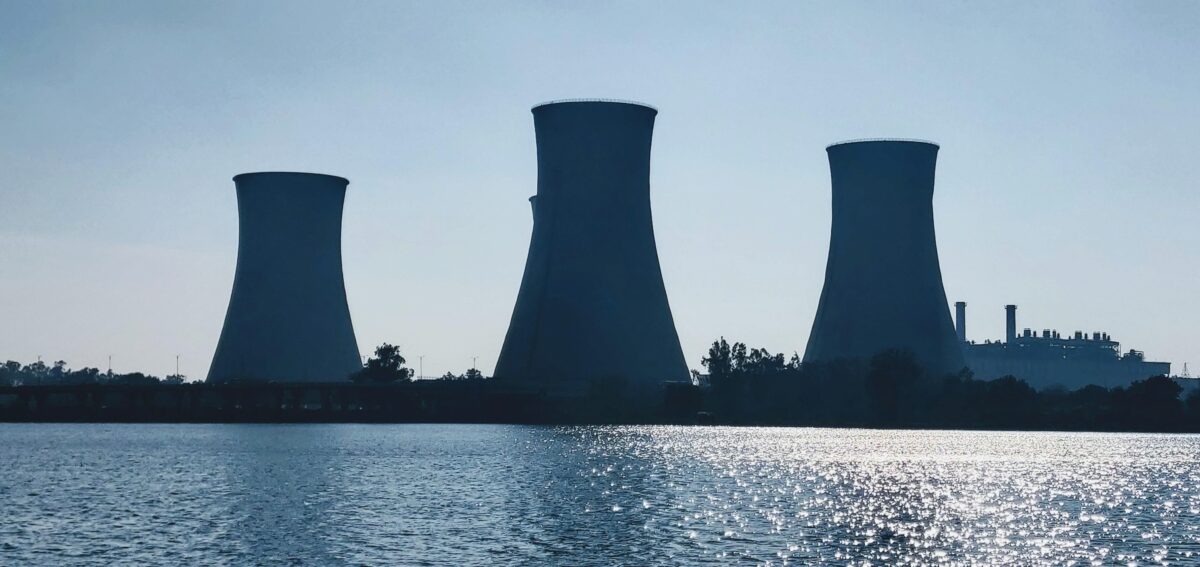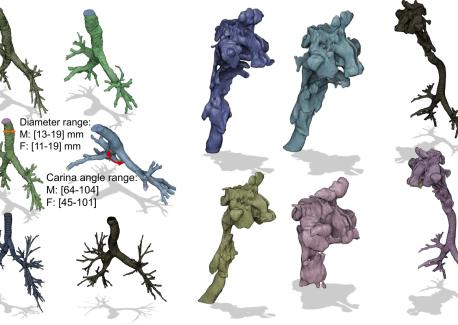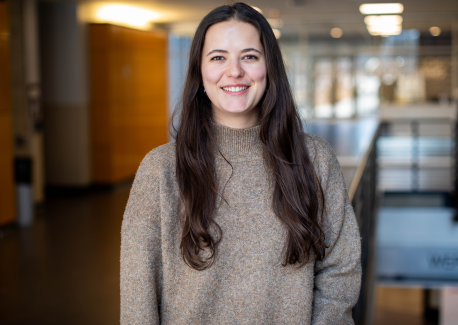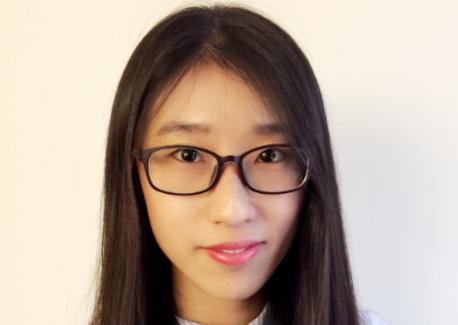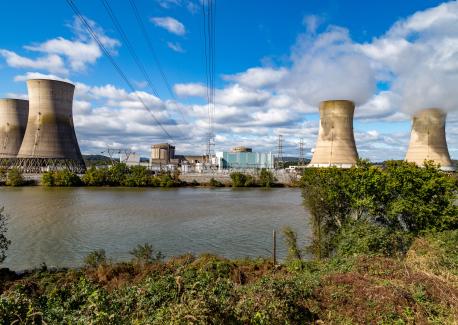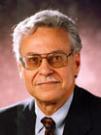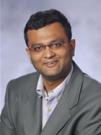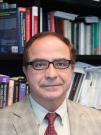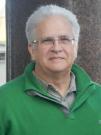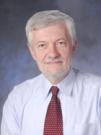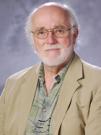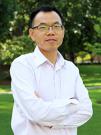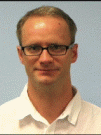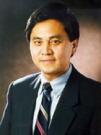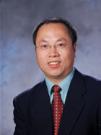Nuclear & Radiological Engineering
Nuclear engineering is that branch of applied science and engineering concerned with the production and application of nuclear energy, and radiological engineering is that branch of applied science and engineering concerned with the applications of radiation in medicine and industry. The two fields are related by a common foundation in applied nuclear and radiation physics and in radiation transport, detection and interaction with matter. There are presently two broad nuclear engineering research areas Fission and Fusion and a Radiological Engineering research area within the Nuclear and Radiological Engineering Program at Georgia Tech.
Research in the Fission area encompasses the development of improved neutron and gamma ray radiation transport methods and codes, radiation shielding, radioactive waste management and the transmutation of spent nuclear fuel, the development of advanced reactor concepts and fuel cycles, reactor dynamics and safety, etc. Much of this research is carried out in collaboration with scientists from other major United States and European nuclear research institutions. Georgia Tech graduates in the Fission area are today widely employed in the nuclear industry, the Nuclear Regulatory Commission and many of the national nuclear research and design laboratories: Argonne National Laboratory, Knolls Atomic Power Laboratory, Lawrence Livermore National Laboratory, Los Alamos National Laboratory, Oak Ridge National Laboratory and Savannah River Research Laboratory.
Fusion research within Nuclear Engineering focuses on two areas: 1) Interpretation of experimental data as part of the DIII-D National Tokamak Facility Team, and development of theoretical methods and codes to that end, particular in the areas of plasma edge physics and plasma rotation which are of importance to the success of the major next-step tokamak ITER; and 2) conceptual design of tokamaks that might follow ITER in the development of fusion power, in particular the SABR concept for a fission-fusion hybrid advanced fast burner reactor to fission the transuranics remaining in the spent fuel discharged from nuclear power reactors, in order to reduce the requirements for high-level-radioactive-waste repositories. NRE graduates in Fusion are employed in national research laboratories and university research groups world-wide, as well as in industries that seek people with strong high-tech training.
Georgia Tech formally collaborates as a member of the DIII-D National Fusion Facility Team, providing a wide variety of opportunities for faculty and student research on a world-class fusion plasma experiment. NRE graduates in the Fusion area are employed in major fusion research laboratories world-wide-DIII-D, Institut fur Plasmaphysik Julich, Korean Fusion Research Institute, Max Planck Institut fur Plasmaphysik, Oak Ridge National Laboratory and Princeton Plasma Physics Laboratory.
Research in the Radiological Engineering area in NRE includes neutron brachytherapy for cancer treatment, evaluation of secondary neutron dose of an IMRT, computational and experimental methods for radiation dosimetry in the nanometer scale, deterministic radiation transport methods for obtaining in-phantom dose distributions, modeling of radiation-induced cell death and transformation, in-vitro cell survival studies, and computational and experimental methods for high-energy neutron dosimetry. NRE graduates in the Radiological Engineering (formerly Health Physics) area are widely employed in the hospital radiation oncology departments and in the radiation safety and regulatory offices of both the government and private facilities.
Research Area Group Chair
Research Facilities
- Boggs Building (Faculty and graduate student offices and labs)
- Fusion Research Center
(text and background only visible when logged in)

